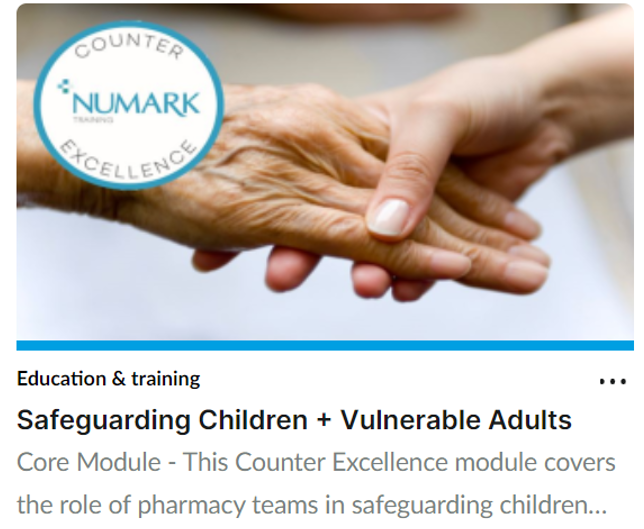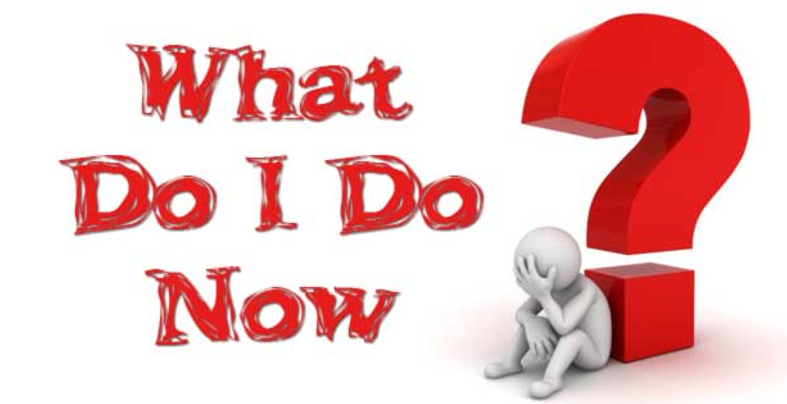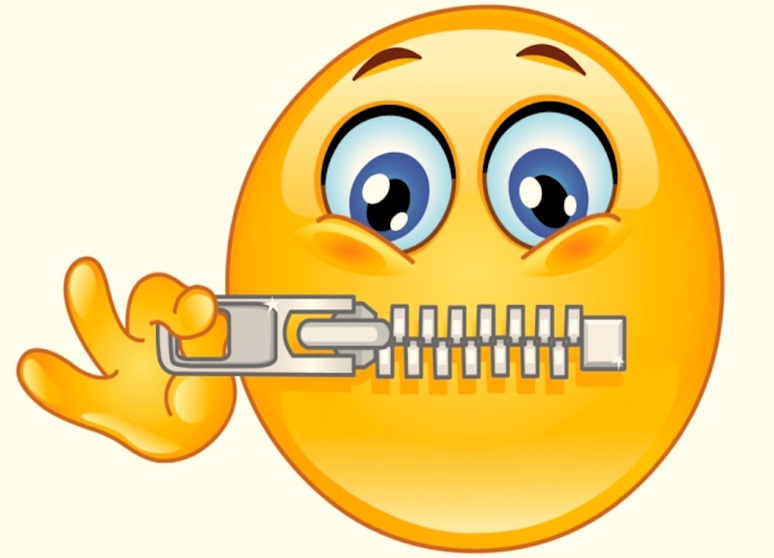Health impacts of abuse against women and girls
Violence against women is an act of gender-based violence that results in, or is likely to result in, physical, sexual, or mental harm or suffering to women, including threats of such acts, coercion, or arbitrary deprivation of liberty, whether occurring in public or in private life.
The World Health organisation (WHO) has an article titled Violence Against Women and within this article various areas are covered including:
- Violence against women – particularly intimate partner violence and sexual violence – is a major public health problem and a violation of women's human rights.
- Estimates published by WHO indicate that globally about 1 in 3 (30%) of women worldwide have been subjected to either physical and/or sexual intimate partner violence or non-partner sexual violence in their lifetime.
- Most of this violence is intimate partner violence. Worldwide, almost one third (27%) of women aged 15-49 years who have been in a relationship report that they have been subjected to some form of physical and/or sexual violence by their intimate partner.
- Violence can negatively affect women’s physical, mental, sexual, and reproductive health, and may increase the risk of acquiring HIV in some settings.
- Violence against women is preventable. The health sector has an important role to play to provide comprehensive health care to women subjected to violence, and as an entry point for referring women to other support services they may need.
To reiterate this last bullet point states "The health sector has an important role to play to provide comprehensive health care to women subjected to violence, and as an entry point for referring women to other support services they may need". Because community pharmacy is part of the health sector there is a lot that can be done to prevent abuse including:
- All staff are strongly encouraged to complete training in Safeguarding of Children and Vulnerable Adults. An example of this training is found in the Counter Excellence part of the Numartknet training platform and can also be found at the attached link. Safeguarding
- If you have any concerns about the possible abuse of a child or vulnerable adult you must discuss this with your pharmacist. He or she may then decide that they need to seek further advice from the local safeguarding board, and where appropriate make a referral of suspected abuse. If the child or vulnerable adult is in immediate danger it may be necessary or appropriate to contact the police. Where appropriate the pharmacist or technician may need to seek the consent of the vulnerable adult to make a referral.
- Any concerns should always be treated as confidential and not discussed openly in the pharmacy.
- If you suspect abuse of any form, it is important to remember that it is not your role to investigate or ask questions you should simply listen and observe, then record what you have seen or been told.
- Listening and asking simple questions is fine but avoid asking leading questions as these may affect a subsequent police investigation.
- Any concerns should always be recorded according to your pharmacy’s safeguarding policy.
- Each local authority area is required to have a Child Safeguarding Board and a Vulnerable Adult Safeguarding Board. In each safeguarding board there will be a designated nurse and doctor with responsibility for safeguarding. These designated healthcare professionals are useful sources of advice and support when considering the appropriate course of action for safeguarding issues. Even small, seemingly trivial observations, when collated with similar observations, may reveal a problem that requires investigation or other action by the local safeguarding board. Information is collated by the safeguarding teams from healthcare professionals including doctors, nurses, dentists, pharmacists, and health care staff. In addition, information from non-healthcare professionals who come into contact with children and vulnerable adults as part of their job such as social workers, teachers, nursery workers, child minders and also concerns from members of the public will be collated.
- Ask your pharmacist to show you your pharmacy’s safeguarding policy and where the contact details for the local safeguarding boards are located.
- It is important to remember that if you suspect a child or vulnerable adult is being abused that doing nothing is not an option.
Although there is a lot you should do with safeguarding there are also things you should not do which could potentially make the situation worse or even harbour a potential criminal investigation for example:
-
- Don’t place yourself or anyone else in danger.
- Don’t be judgemental.
- Don’t make promises you cannot keep.
- Don’t ask detailed or probing questions.
- Don’t interfere with, or contaminate potential evidence following physical or sexual assault, for example, by washing, sheet changing, teeth cleaning etc.
- Don’t discuss the incident with anyone else except your line manager/supervisor.
- Don’t question witnesses except to obtain basic information.
- Don’t leave detailed confidential information on answer machines.
- Don’t, in any circumstances, discuss the issue with the person alleged to have cause harm.
- Don’t attempt to influence or intimidate potential witnesses.
- Don’t conduct your own enquiry or investigation.



